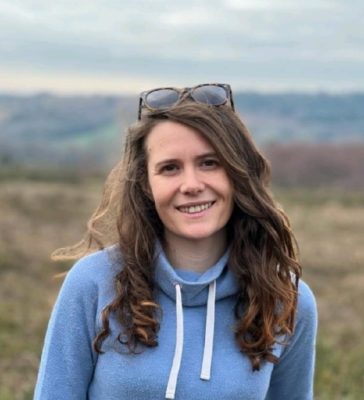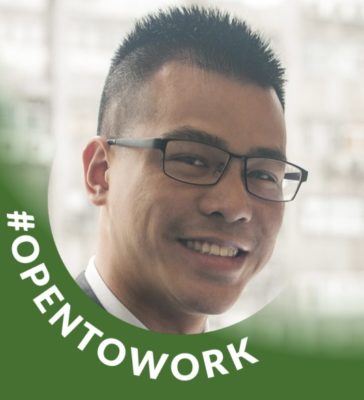
James Souter
Current Employer/Organisation Name
University of Leeds
What have you been doing since leaving Exeter, and what are you doing now?
Since graduating from Exeter in 2008, I have mainly pursued postgraduate study, completing an MA in Human Rights at the University of London, followed by an MSc and DPhil at the Refugee Studies Centre, University of Oxford. I also worked for a year between degrees with a legal charity which assisted asylum seekers and migrants in Bristol, and volunteered with various refugee and human rights organisations throughout my studies. After finishing my doctorate, I worked as a post-doctoral research fellow at the University of Leeds, where I now work as a lecturer.
Why did you choose this career? And what do you enjoy most about your work?
I have always been fascinated by political and ethical ideas, and have found academia a natural place to pursue my interests. In my current work, I most enjoy the opportunity to explore these ideas in depth, both with my students and in research with colleagues.
What did you enjoy most about studying here?
I most enjoyed discovering and debating philosophical ideas with other students and my tutors.
Why did you choose to study at Exeter?
I was initially attracted to the attractive and leafy campus, and also the combination of subjects on offer.
What skills and experiences have been most useful for your career?
All the reading, writing, thinking and discussion that make up degree courses have been what has most equipped me for my career. My more practical work with refugees and asylum seekers has also given me the opportunity to think about issues surrounding asylum (one of my main academic interests) not only in the abstract, bringing the moral dilemmas surrounding it to life.
What advice would you give to a current student who wishes to pursue your career?
I would advise mainly just immersing yourself in what you are most interested in — getting really involved in your subject, pursuing lines of thought you’re drawn to, and thinking for yourself will enable you to learn the skills needed as an academic.
What are your plans for the future?
I am still settling into my work as a lecturer, and plan to develop within this role by teaching a course on my specialist subject, and publishing a book which develops my doctoral research.

